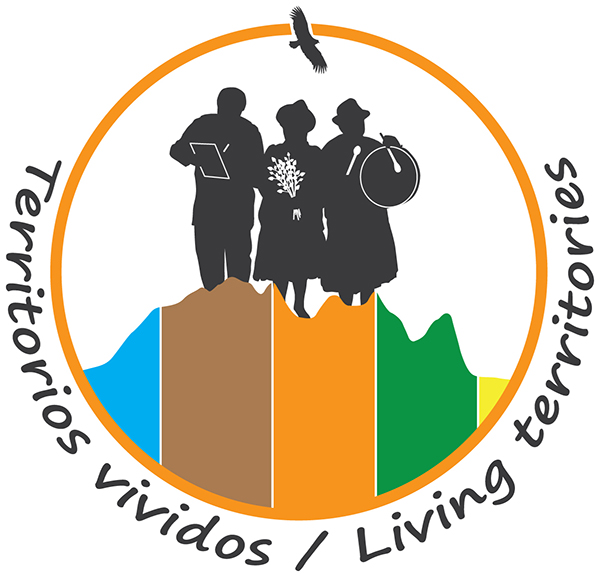Indigenous and peasant communities in the Andes have shaped their landscapes over millennia. In the high-altitude valleys area of NW Argentina, part of the south-central Andes region, the enduring legacy of these activities can be seen today, even under the visible damage created by industrial extraction systems. Dominant development and planning favour economic and technical models that focus on extraction of resources. Concerns over water security and food systems, while featuring in planning agendas, tend to be secondary to the strategic goal of maximizing the revenue from exports. This approach undermines local indigenous and peasant worldviews, ignoring the long socio-environmental and cultural histories of their territories. Their repertoire of practices and approaches, including successes and failures, is a reference library (created with and on the land) that needs to be integrated into planning for development in dialogue with Western approaches
The Living Territories project seeks to generate systems of data about the ancient relations between people and landscapes (from agricultural and hydric resources to communications and interactions), that are useful and relevant for local contemporary indigenous and rural population, exploring methods and concepts that integrate the perspectives and values of local communities about their lived landscapes. The project seeks to create bridges that fill the gaps between different experiences, perspectives, approaches, and perceptions of the landscape, and in this way contribute to inclusive public policies.
The project team is a collective of interrelated research teams with established expertise in archaeology, remote sensing, spatial analysis, anthropology, communication, heritage, paleoecology, and geology. We pursue the generation of culturally relevant and integrative datasets on long-term landscape management practices through remote sensing methods, while also engaging with on the ground, multiple perspectives, and practices of engaging with and within the landscape.
The project is a proof of concept, to explore possibilities and limitations of the research problem of interests and the proposed methodology, establishing the bases for a larger and longer future project. In this way, we pursue a two-way exchange route of ways of knowing and practices that overcome the standard hierarchies that tend to undermine intercultural cooperation. We advocate a deep commitment to understanding the past and the present as mutually embedded orders of practice and meaning; a past-present system of lived, collective experience. The distinctive focus on long-term practices of inhabiting and managing the landscape connects the past with present-day realities in the region, and with the future its inhabitants imagine and shape day to day.
The project has two strands: one consisting of remote sensing based on satellite imagery in ARCCGIS environment, and another one focused on the creation of intercultural communicative and collaborative community activities to explore diverse ways of perceiving, observing, representing and inhabiting the landscape, which is understood as a living entity within complex and multidimensional social collectives.
While our original plans were affected by COVID-19 restrictions, we were able to undertake a range of joint activities and conversations, both face-to-face and remotely, while investing in strengthening the local infrastructure for both current and future collaborative and intercultural work.
Funding
Global Challenges Research Fund-Following on Funding programme 2020, University of Exeter. For more information on the programme please click here: https://www.ukri.org/our-work/collaborating-internationally/global-challenges-research-fund/

